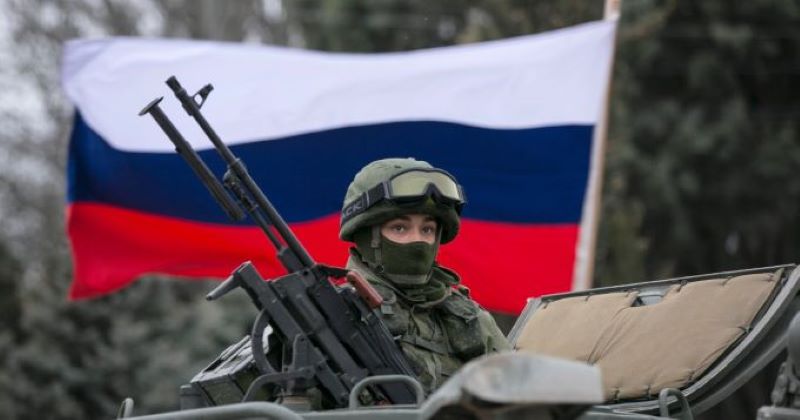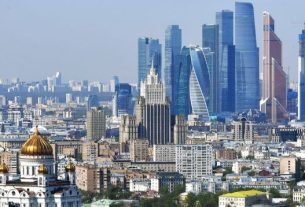KYIV — Russian forces have deployed approximately 170,000 troops in Ukraine’s eastern Donetsk region, aiming to capture the strategic city of Pokrovsk, President Volodymyr Zelenskyy said Friday, according to Euro News. Despite Russian claims of progress, Ukrainian officials insist that advances have been slow and costly, both in manpower and equipment.
“The situation in Pokrovsk is difficult,” Zelenskyy told reporters in Kyiv. While some Russian units have infiltrated the city, Ukrainian defenders are systematically pushing them back. “They are being destroyed, gradually destroyed, because we need to preserve our personnel,” he said, rejecting Moscow’s assertion that the city is surrounded.
Russian President Vladimir Putin has recently touted battlefield gains and underscored what he describes as Russia’s enhanced nuclear capabilities, while maintaining his country’s war aims. He continues to pressure the United States to persuade Ukraine to accept a peace settlement.
In a counteroffensive strategy, Ukraine has struck deep into Russian territory to disrupt logistics and impact civilian sentiment. Vasyl Maliuk, head of Ukraine’s Security Service, said Ukrainian forces conducted over 160 long-range strikes on Russian oil extraction and refining facilities this year alone. According to Maliuk, these attacks reduced domestic oil product supply by 20 percent and temporarily halted operations at 37 percent of Russia’s refineries.
Ukrainian forces have also targeted sophisticated Russian defense systems, destroying nearly half of the Pantsir air defense units and even striking one of Russia’s advanced Oreshnik hypersonic missiles on the ground last year, Maliuk said.
Meanwhile, Russian drone attacks continue to imperil Ukrainian civilians. Overnight strikes in Sumy injured 11 people, including four children, and hit energy infrastructure in southern Odesa. The UN Humanitarian Coordinator, Matthias Schmale, reported a 30 percent rise in civilian casualties so far this year compared with 2024. With winter approaching, attacks on energy facilities threaten critical services such as water, heating, and sewage, potentially creating a major humanitarian crisis.
Schmale also warned that Ukraine’s humanitarian response is hampered by funding shortfalls, declining from over $4 billion in 2022 to just $1.1 billion this year, further complicating efforts to support civilians in conflict zones.
As Russia presses its offensive and Ukraine continues precision strikes, the war in the Donetsk region underscores both the human cost and the high-stakes strategic calculations shaping the conflict.





